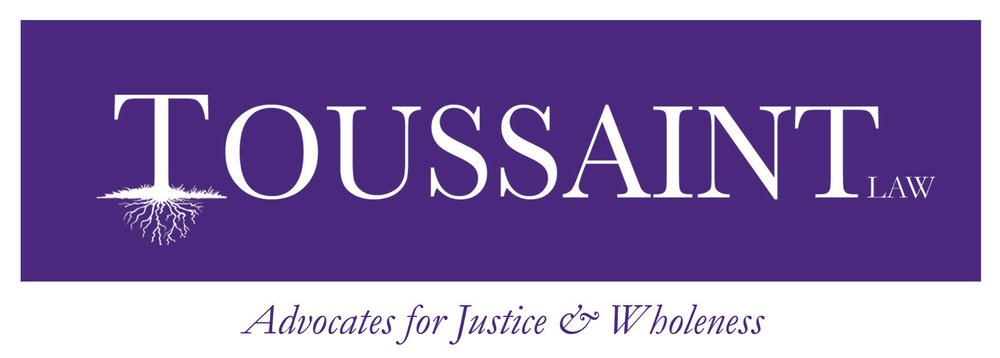My aunt, known by the Toussaint Bailey household as “Auntie,” is in her 80s. She migrated to the United States from Haiti. She helped raise my brother and I, and she has been an enormous help to me as a working mother. I cannot remember any period of my childhood without her in it. Although my aunt is aging, she is bright, independent, and strong. She balances her own bank accounts, makes her own doctor’s appointments, and performs her own household chores (and sometimes assists me with mine). She is a great cook. She enjoys feeding my family and my family enjoys sitting at her dinner table to feast on her delicious Haitian cuisine that we did not have to prepare.
As I observe my aunt care for my children and herself, I am amazed at her strength and youthful spirit. When I compare her abilities and skills with the clients that I serve in my capacity as a Guardian Ad Litem, I know that my aunt is blessed and so is our family. Many adults in their 80s and 70s in our communities are unable to do what Auntie does.
Many members of our elderly community are living in isolation with no support. Some of our senior citizens are struggling to live independently and no one is there to assist them. Unfortunately, this population is vulnerable. There are individuals in our society that exploit, abuse, and take advantage of the elderly community. When we talk about the abuse of the elderly, people often make references to workers in nursing homes. However, in my profession, I am saddened to learn that many of the children of the elderly community are the culprits when it comes to the abuse and financial exploitation of our elderly community.
As our parents age, their capacity to manage their finances and activities of daily living diminishes gradually. In addition, they are not as mobile as they once were. Some experience lack of healthy foods and diet. Others struggle with mobility. Some of our senior citizens are unaware when they are being exploited and taken advantage of. Some are too weak and tired to speak up. And there are those that are afraid.
As a society, we’ve got to step up, speak up, and fight for the lives for our elderly.
King Solomon wrote:
“Speak up for those who cannot speak for themselves, for the rights of all who are destitute. Speak up and judge fairly; defend the rights of the poor and needy.”
As an attorney, advocate, and defender, those words are a call to action. I take those words seriously and try my best to be engaged with our aged community. Unless we pay attention to what is happening, our elderly community will lose their lives and what they have worked their entire lives for.
Below are (7) things you can do to help the elderly community.
Visit the elderly in your family and your faith community.
If you know of an elderly person that is being abused or neglected, report it to the Department of Social Services in your county.
Submit an application for the appointment of a guardian if you believe that the aged member in your community is unable to live independently and/or care for him or herself.
Provide them with transportation to the grocery store, pharmacy, and doctor’s office.
Volunteer to assist the elderly with cutting their grass and providing them with assistance completing household chores.
Show the elderly community patience and respect.
Love on our elderly community with hugs and smiles.
If you have an elderly member in your community and family that may need assistance with managing their finances, independent living, or actives of daily living services we can help. When an elderly person does not have the capacity to help themselves it means it is our responsibility to step in and help.

